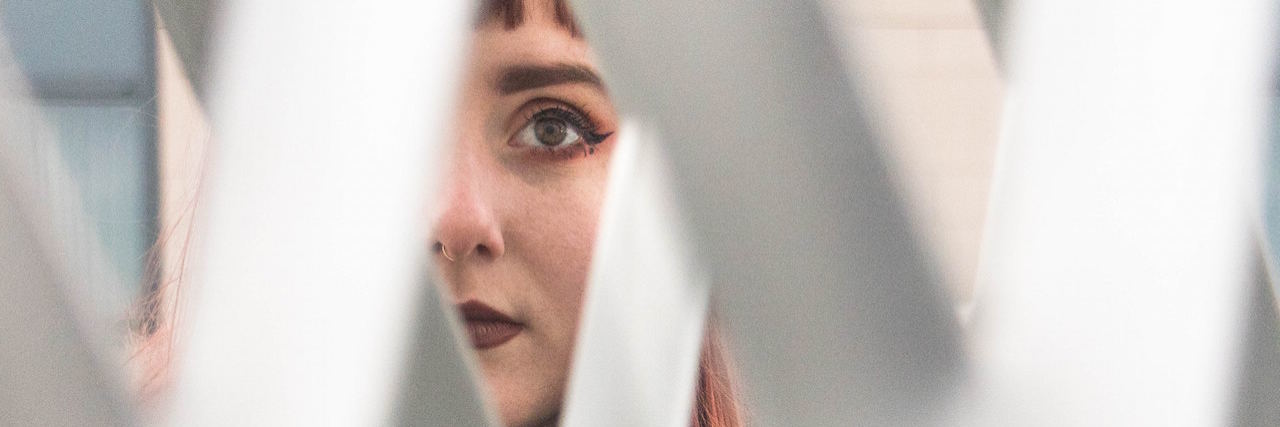Mental illnesses are among the most stereotyped illnesses in the world, and we can probably blame that on a few things. First off, we can’t see them. Second, they’re so common now it can sometimes seem like “everyone” has one, and with how widely varied they are in symptoms, people can tend to choose just a few and say everyone who has this illness does this or feels this, etc.
In my experience, one of the most stereotyped mental illnesses is obsessive compulsive disorder, or OCD. We all know that perfectionist who has said, “I’m so OCD” or have seen those websites with everything all neat and ordered that claims, “For the OCD in all of us.” I admit that I too was one of the people who would stereotype OCD… that is, until I was diagnosed with it last year. Since then, hearing people say, “I’m so OCD,” can really hit a sensitive spot for me, and though I would like to make them aware of what it truly means to have this disorder, I don’t always have the time to. So in light of that, I will explain the differences between the stereotyped OCD and what it really means to have OCD.
First off, OCD stands for obsessive compulsive disorder. To break this down, obsessive means we get stuck on a thought (or thoughts). These thoughts are often called intrusive thoughts because they are exactly that: intrusive. We don’t want them there. They are quite terrifying and cause anxiety (OCD is an anxiety disorder) and they make us uncomfortable. The only way for us to feel just a moment of comfort is to complete what is often known as a ritual, or compulsion. Something to help us break away from that uncomfortable feeling caused by the obsession. This cycle of obsessing and compulsions can take up many hours of a person’s time, and it is frustrating and often scary.
One of the most stereotypical things you can say about OCD is that people who have it just clean all the time. Our houses our spotless, we wash out hands constantly, you have to take off your shoes before you walk in, etc. OCD is so much more than cleaning, and not everyone has this particular obsession. If a person who has OCD cleans as part of their compulsion, I will make this clear: they do not want to clean. In fact, it’s safe to guess they probably resent it. It frustrates them, takes up their time, makes it difficult to do things they want to do. OCD is a bully. Don’t ever ask someone with OCD to clean your house for you, especially if they really do have an obsession with cleaning, because that could very easily trigger them and drive them to a breaking point.
Another stereotyped thing about OCD is that we all check the doors multiple times. This one is also not true, although it really can be a symptom for some people who have the disorder. Checking is a compulsion for some, and I did have this form of compulsion for a little while (though it was not checking the doors over and over), however, not everyone has this ritual, and to stereotype it to just one thing can be hurtful to us.
OCD is more than just doing things over and over. It’s being stuck with a bully in your mind that tells you if you don’t do this, you’re gonna cause a loved one to die, and if you don’t do that, you’re going to hell, if you don’t do this, something could go wrong, etc. For some, there is a type of OCD called purely obsessional, or Pure O. People with Pure O is a person who has only inner compulsions. It’s called purely obsessional because it appears to be only obsessions rather than compulsions, but that’s because the compulsions happen in the mind.
For years I ruminated, did anything I could think of to convince myself the obsession wasn’t true. Looking things up online, comparing, trying to remember events. And it was very difficult, especially because we didn’t know what was going on at the time. I tried everything I could to stop worrying, but nothing worked. OCD is so much more than cleaning and checking doors. It’s driven by a terrifying bully in our heads. Let’s end the OCD stigma and all stigmas about mental illness.
We want to hear your story. Become a Mighty contributor here.
Photo by Deividas Toleikis on Unsplash

